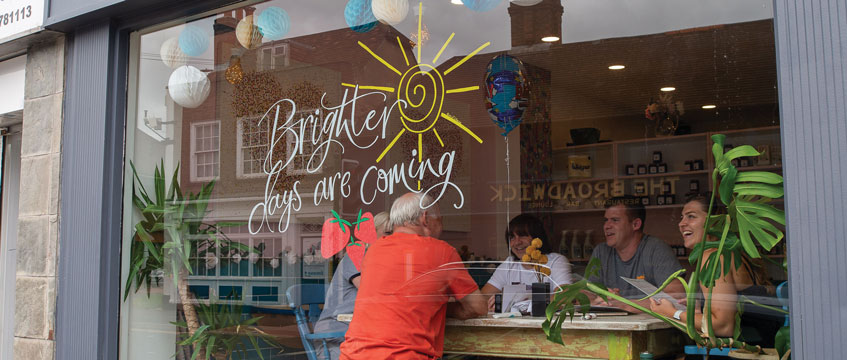COMMENT: We’ve all felt a little resentment towards things we learnt in school but have never actually found useful in our day-to-day lives. That’s how I’m feeling about my degree; not because it wasn’t an incredible foundation, but because I started my first job in the middle of a global pandemic.
I chose to specialise in asset management and, despite it being just one year ago, most of what I learnt now seems like an anachronism. An industry taught to be tightly bound by the manacles of the RICS has been seemingly freed over the past 18 months. Fortunately, the profound uncertainty of our market exposed to me challenging conversations and experiences that historically had only been reserved for people with far more experience – the dream of any new graduate, right?
As I used to sing in church, “a little rain, mixed with a little sunshine, and a little pain, makes you appreciate the good times”.
Those who have been lucky enough to experience this time have been able to recognise that there are opportunities lurking in the shadows, to not only make money, but to be at the forefront of reshaping our built environment.
The art of adaption
In the world of retail – my specialism – the heat of this crisis has finally rekindled innovative, sustainable and, most importantly, empathetic thinking. I don’t particularly know why it’s taken so long, but the industry is recognising that to accept a role in curating the physical human experience, you actually have to be interested.
Equally, one of the more interesting and surprising things to learn was how counterproductive landlord-tenant relationships have been, compared with what we’re seeing today. While still very distant from a truly symbiotic relationship, at least progress is being made. It’s difficult to imagine how this industry was functioning at such a high capacity for so long, with such hostile relationships forged into the cores of our built environment.
One of the pleasures of not being from the UK was being able to visit as a child and just go shopping. Regrettably, I’ve watched my favourite department stores die slow deaths, one after the other, fuelling disappointment each summer that would pass. Failure to maximise space, optimise marketing, engage with consumers and provide value-add to the shopping experience are among the plethora of reasons for this failure – asset management is no different. The last thing you want in any store (particularly if your tenant is on a turnover rent), shopping centre or retail park is redundant space: already I’ve realised that mastering the art of adaptation is the key to avoiding the failures of retailers past.
New landscape
The disappearance of many high street names (including landlords) is largely due to those same failures and an inability to think beyond archaic brand strategy. I suppose everyone is feeling the same way as I do – the cheat-sheet that I thought I had from university was nothing more than a brief lecture on context and learnings from the past five years. Which, coincidentally, are the same thing.
The previous generation of professionals’ careers have been defined by the historic structures and protocols of our market. As new generations with their careers in front of them watch these structures buckle, we become less emotionally attached to them. This ‘new’ landscape is our opportunity to respond and create the most sustainable places that we can. Future uncertainty is certain, and while disruption may temporarily muddy the waters, the sediment will settle and bring clarity.
One day I might look back on my lecture notes with a bit more than just nostalgia. For now, I’ll take inspiration from our high streets themselves on the skillset needed to see the next generation through – resilience, open-mindedness, a little bit of governance, and empathy. Perhaps most importantly, flexibility – because we can’t outlast change, but we can embrace it.
Robin Didier is assistant asset manager at Ellandi











